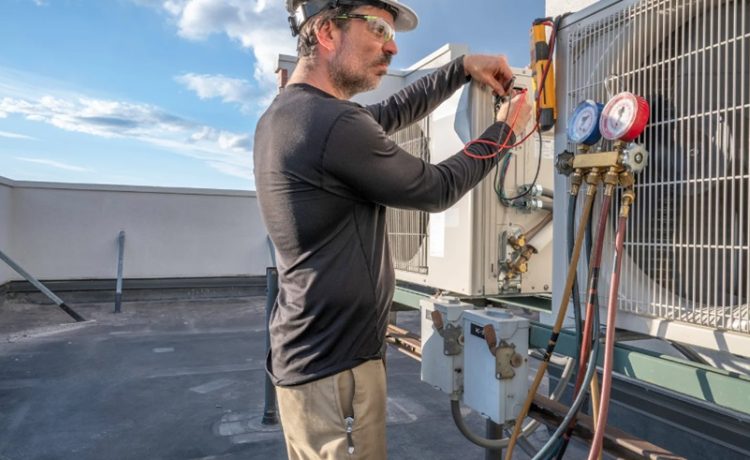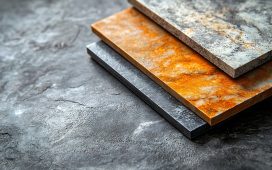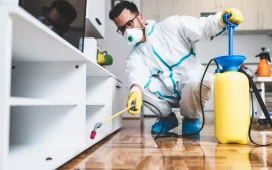A well-maintained HVAC system is crucial for ensuring comfort and efficiency in any home. For homeowners looking for reliable HVAC in Burnsville, regular inspections and tune-ups are vital for optimal performance. Regular maintenance not only prolongs the system’s lifespan but also aids in detecting potential issues before they develop into larger problems.
The Benefits of Routine Maintenance
Regular inspections are integral to keeping an HVAC system running smoothly. By having a professional assess the system periodically, issues such as clogged filters or worn-out components can be addressed promptly. This proactive approach minimizes unexpected breakdowns and ensures the system operates at maximum efficiency, ultimately reducing energy costs.
Improving Energy Efficiency
One of the foremost reasons to ensure regular HVAC tune-ups is to enhance energy efficiency. A properly maintained system consumes less energy, leading to lower utility bills. Understanding the significance of proper system sizing can also contribute significantly to energy savings. An improperly sized system can result in inefficiencies and increased energy consumption, underscoring the importance of correct sizing and regular maintenance.
Read more: The Role of HVAC Systems in Achieving Energy Efficiency Goals
Selecting the Right Contractor
Choosing the right contractor is vital for effective HVAC maintenance. Knowing how to choose an HVAC contractor can make a substantial difference in the quality of service received. Look for contractors with a strong reputation, necessary certifications, and a thorough understanding of modern HVAC technologies. A competent contractor will ensure a detailed inspection and provide valuable advice for maintaining the system.
Key Components of an HVAC Inspection
During an inspection, several critical components should be thoroughly checked. These include examining thermostat settings for accuracy, inspecting electrical connections, lubricating moving parts, and checking the condensate drain. Additionally, cleaning or replacing air filters is essential to maintaining high air quality and ensuring the system does not have to work harder than necessary to circulate air.
Preparing for Seasonal Changes
Regular tune-ups become especially important when transitioning between seasons. Preparing the HVAC system for summer heat or winter chill is crucial. This preparation involves checking coolant levels, ensuring blower components function correctly, and verifying that the heating elements are ready to provide warmth during colder months.
Conclusion
Routine HVAC inspections and maintenance are crucial for ensuring a comfortable and energy-efficient home environment. By investing in routine maintenance, homeowners can extend their system’s lifespan, improve efficiency, and prevent costly repairs. Choosing the right contractor and understanding the importance of proper system sizing are crucial steps in this ongoing process.
Frequently Asked Questions
1. How often should HVAC systems be inspected?
HVAC systems should typically be inspected at least once a year. Ideally, inspections should occur twice a year, in the spring and fall, to prepare for the upcoming summer and winter seasons.
2. What are the signs that an HVAC system needs a tune-up?
Signs that a system may require a tune-up include unusual noises, inconsistent heating or cooling, higher energy bills, and poor air quality. Regular maintenance can help prevent these issues.
3. Can regular maintenance extend the lifespan of an HVAC system?
Yes, regular maintenance can significantly extend the lifespan of an HVAC system. By keeping all components clean and functioning correctly, the system experiences less wear and tear, leading to a longer operational life.
















